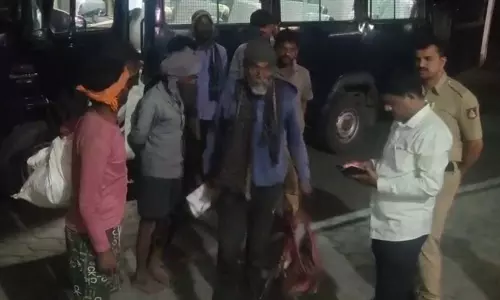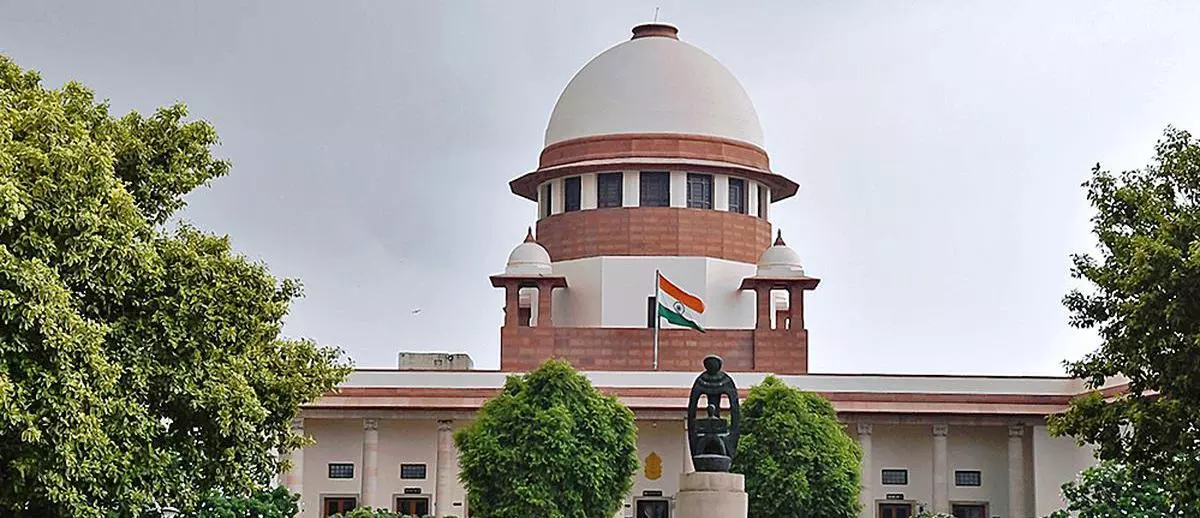
SC gives 'one last opportunity' to implement 33% woman reservation in Nagaland ULBs
text_fieldsNew Delhi: The Central and Nagaland governments were given "one last opportunity" by the Supreme Court on Tuesday to implement a 33% female reservation in the state's urban local bodies.
The Nagaland government and the Nagaland State Election Commission had been accused by the Peoples Union for Civil Liberties (PUCL) for failing to implement the one-third reservation in municipalities and town councils. The case was being heard by a bench of Justices S.K. Kaul and Sudhansu Dhulia.
The Supreme Court, on March 14, had directed the state government to conduct the urban local body (ULB) elections, and the State Election Commissioner notified the holding of the elections on May 16.
In the meantime, local body polls were cancelled till further orders by the State Election Commission soon after the Assembly passed the Nagaland Municipal Act (Repeal Act) 2023, repealing the Nagaland Municipal Act 2001 in toto following the strong protest against the women's reservations in ULBs by the various Naga tribal hohos and civil society.
However, the Supreme Court, while hearing a petition on April 5, stayed the March 30 Nagaland poll panel notification cancelling the ULBs elections in Nagaland. It had also asked Additional Solicitor General KM Natraj to place the stand of the Union government in the matter.
In the hill state, the Naga organisations claimed reservations for women in ULBs would go against their community's customary laws. The cultural, societal, traditional and religious practices, land and resources in Nagaland are protected under Article 371A, which is also exempted from the 73rd Amendment to the Constitution for the setting up of municipalities. But the 74th Amendment did not give that exemption on the grounds that the state's urban administrations were not part of the customary practices.
"In respect of the special provisions with respect of State of Nagaland under Article 371A of the Constitution of India, nothing has so far emerged to advance a plea that religious or social practices of Nagas or Naga Customary Law and Procedure denies the right of equality to women insofar as the participatory process is concerned in such elections," the top court had earlier recorded in its order passed on April 17.
In 2001, Nagaland enacted its Municipal Act and the first civic bodies elections were held in 2004 but without reservation. The government issued a notification for the next civic bodies elections in 2012 but the polls could not be held following objections from tribal bodies, who strongly opposed women reservation.
In 2017, violent protests forced the government to declare the poll process null and void.
The Supreme Court will continue to hear the plea on September 26.
With inputs from IANS























